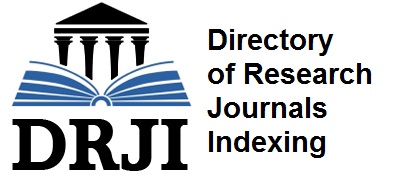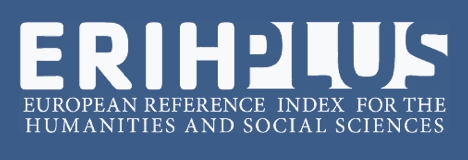The language of trust: reputation and the spread and maintenance of social norms in sixteenth century Genoese trade
Abstract
Economists are interested in the mechanics of trust. Trust, however, is not mechanical. Trust is a skill, an emotion, an ideology, and a state of mind. Trust is communicated. First, I will consider the place of language in the mechanics of trust and then provide several illustrative examples taken from Gio Francesco De Negro's letter register of 1563-1564 preserved in the Doria Archive in Genoa. My evidence shows that the Mediterranean traders examined here were able to trust each other when they had reason to believe that it would be in a trader's best interest to be trustworthy in the appropriate way at the appropriate time. Trust exists beyond formal and informal institutional supports. Trust exists beyond mechanics.

This work is licensed under a Creative Commons Attribution-NonCommercial 4.0 International License.
Authors who publish with this Journal agree to the following terms:
Authors retain copyright and grant the Journal right of first publication with the work simultaneously licensed under a Creative Commons Attribution-NonCommercial 4.0 International License.
This Journal permits and encourages authors to post items submitted to the Journal on personal websites or institutional repositories both prior to and after publication, while providing bibliographic details that credit, if applicable, its publication in this Journal.

















